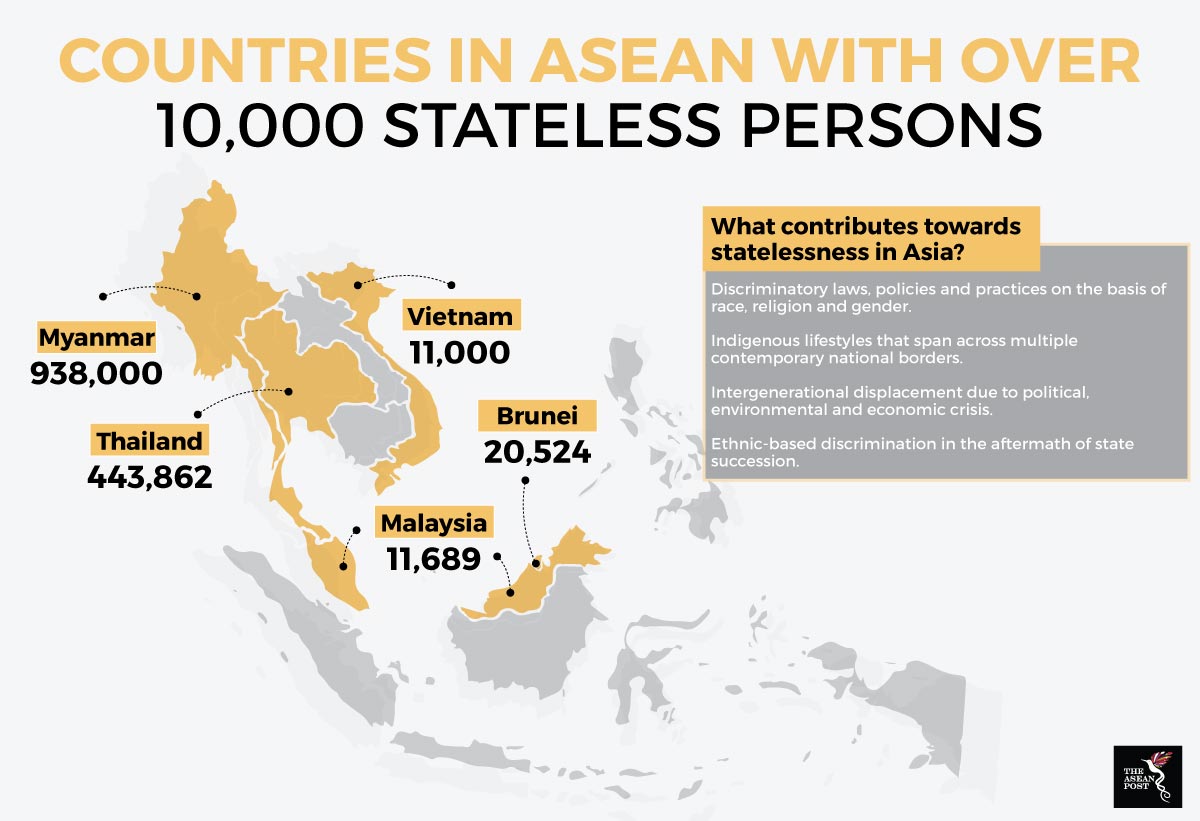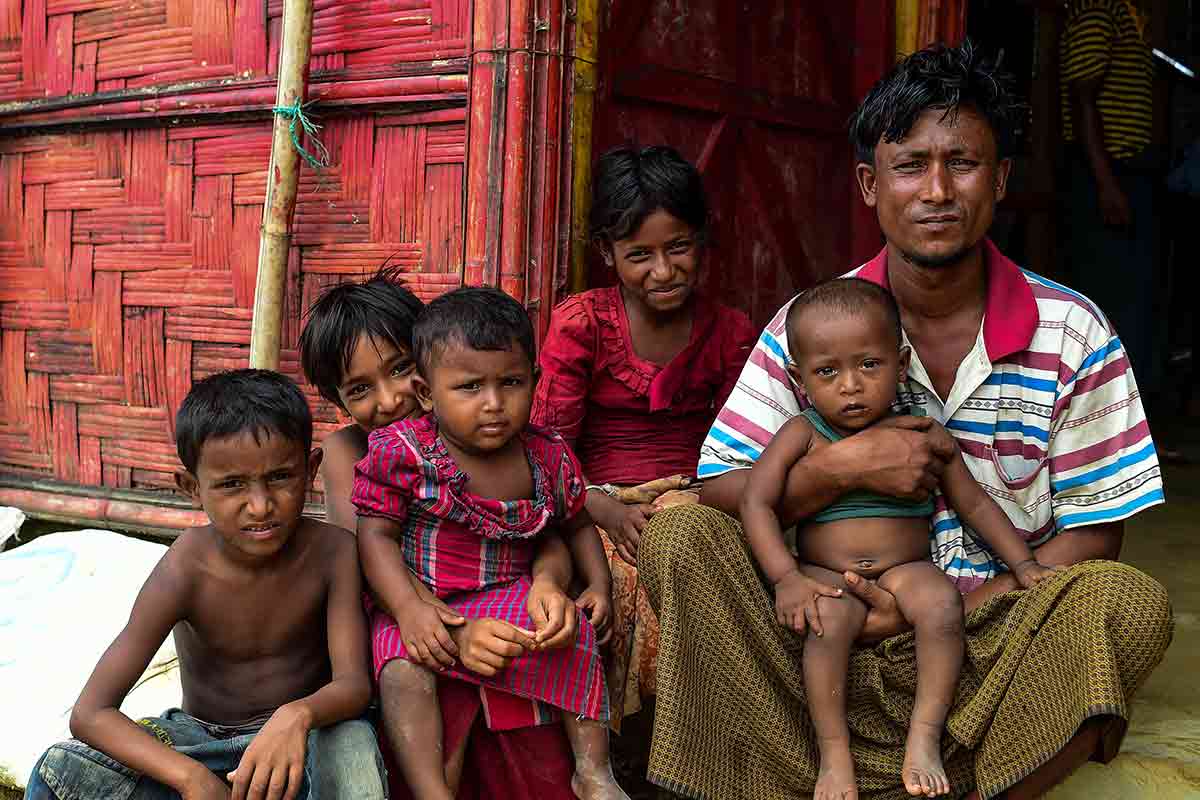The biggest state-sponsored mass statelessness in Southeast Asia was triggered in 1982, when Myanmar rolled out its Citizenship Law that outright deprived the Rohingya of citizenship. Under this law, full citizenship is awarded based on membership of eight national indigenous races representing 153 groups. These groups were considered to have settled in the country before the first occupation by the British in 1824.
The law specifically targets the exclusion of the Rohingya as that particular year marks the start of a two-year conflict that led to the annexation of Rakhine state, historically known as Arakan, by the British. The annexation resulted in the migration of the Rohingya from India to Arakan, where they settled for almost 200 years. Much of the area from which the original settlers originated from broke away from India after the formation of Bangladesh in 1971.
The 1982 Myanmar Citizenship Law has caused an estimated one million Rohingya to become stateless overnight. The Rohingya, recognised as the most persecuted people in the world, have faced multiple military crackdowns akin to ethnic cleansing. Due to the violence, many Rohingya have sought safety in other countries, triggering a region-wide refugee crisis in Southeast Asia and in neighbouring Bangladesh.
Read more: The problem with the repatriation of Rohingya refugees

Source: Institute on Statelessness and Inclusion
Even in a non-conflict situation, statelessness denies a person of even the most fundamental of human rights such as legal identification, access to education, healthcare, legal employment and freedom of movement. Without these basic rights, a stateless person has limited options to build a future on. They are vulnerable to harassment, discrimination, and predatory practices. A stateless person is also denied the opportunity to own assets or have access to banking or financial services. Without remediation, the stateless status can be passed down from one generation to the next.
Statelessness can also occur on a smaller scale as a result of national law that discriminates based on gender. According to the background note by the United Nations Refugee Agency (UNHCR) on Gender Equality, National Laws and Statelessness 2017, 26 countries around the world have yet to attain equality between men and women when it comes to conferral of nationality upon their children.
“Nationality laws which do not grant women equality with men in conferring nationality to their children are a cause of statelessness and a concern for UNHCR under its mandate to prevent and reduce statelessness. 60 years ago, nationality laws of the majority of States did not provide equal rights to women in nationality matters. This has radically changed for the better since the adoption in 1979 of the Convention on the Elimination of All Forms of Discrimination against Women (CEDAW).”
Brunei and Malaysia have discriminatory nationality laws based on gender. According to the Brunei Nationality Act, children of Bruneian women married to foreign nationals may be accorded Bruneian citizenship only upon application, as opposed to automatic citizenship granted to children with Bruneian fathers.
In Malaysia, children born within its national borders to either mothers or fathers who are citizens are automatically granted citizenship. However, according to the report, children born to a mother who is a Malaysian outside the country may only acquire Malaysian citizenship at the discretion of the Federal Government through registration at an overseas Malaysian consulate or at the National Registration Department in Malaysia. Children of Malaysian fathers in a similar situation can receive citizenship after a registration process that takes just three days. Malaysia also denies its female citizens equal rights as Malaysian men to confer nationality on their spouses.
Inability or unwillingness to review the laws representing such inequality in this day and age is mind-boggling. Elsewhere in the world, there is a growing willingness and commitment by governments to eradicate all forms of inequality in nationality laws, many of which were ‘inherited’ from former colonial powers.
Indonesia is one such country, whereby in 2006 it extended similar rights for women to confer nationality to their children on an equal basis as Indonesian men. While legal provision cannot guarantee equal treatment of men and women, legal provisions are nevertheless necessary as a first step toward achieving equality.
